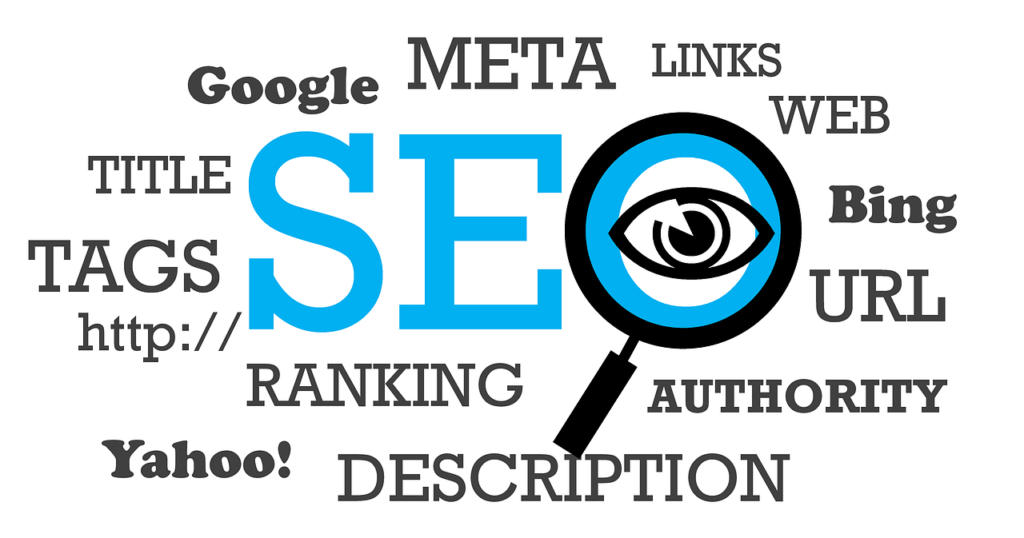In today’s digital world, having an online presence is essential for businesses, individuals, and organizations. However, just having a website is not enough. To attract visitors and ensure your content reaches the right audience, you need to make your website visible on search engines. This is where SEO, or Search Engine Optimization, comes into play. But what exactly is SEO, and why is it important?
What is SEO?
SEO stands for Search Engine Optimization. It is the process of optimizing a website or content to increase its visibility in search engine results pages (SERPs). When users search for a particular query on a search engine like Google, the results are ranked based on relevance, quality, and other factors. The goal of SEO is to improve your website’s ranking on these search engine results so it can be easily found by your target audience.
Why is SEO Important?
Search engines are the primary tool users rely on to find information on the internet. In fact, Google processes over 3.5 billion searches per day. If your website isn’t optimized for search engines, it’s highly likely that your potential customers will never find it.
By implementing SEO strategies, you can improve your website’s rankings, which leads to more organic traffic, greater visibility, and ultimately more conversions and sales. SEO ensures that your content is relevant and accessible to both users and search engines, increasing your chances of being found.
Key Elements of SEO
SEO can be broken down into three main components: on-page SEO, off-page SEO, and technical SEO.
- On-Page SEO On-page SEO refers to the optimization of individual pages on your website. This includes keyword research and placement, creating high-quality content, optimizing images, and ensuring that your website’s structure is easy to navigate. Key on-page factors include:
- Keywords: Choosing the right keywords that people are searching for and incorporating them naturally into your content.
- Title Tags and Meta Descriptions: These elements provide a brief summary of your page’s content and appear in the search results.
- Content Quality: High-quality, informative, and engaging content increases the likelihood of users clicking on your page.
- Internal Linking: Linking to other relevant pages on your website enhances user experience and allows search engines to better understand your content.
- Off-Page SEO Off-page SEO focuses on activities that occur outside of your website but still affect your search engine rankings. The primary off-page factor is backlinks, which are links from other reputable websites that point to your site. The more high-quality backlinks you have, the more authoritative and trustworthy your site appears to search engines. Social media marketing and brand mentions also play a role in off-page SEO.
- Technical SEO Technical SEO involves optimizing your website’s infrastructure to ensure search engines can crawl and index your content effectively. It includes aspects such as:
- Website Speed: A fast-loading website improves user experience and is favored by search engines.
- Mobile Optimization: With a growing number of mobile searches, having a mobile-friendly site is crucial.
- Sitemap and Robots.txt: These files help search engines navigate your site more efficiently.
SEO Best Practices
To achieve successful SEO results, consider these best practices:
- Regularly update your content to keep it fresh and relevant.
- Use long-tail keywords (more specific phrases) to target a niche audience.
- Make your website user-friendly by ensuring fast load times and mobile responsiveness.
- Focus on creating high-quality content that answers users’ queries in depth.
Conclusion
In summary, SEO is a vital strategy for improving your website’s visibility in search engine results. By optimizing your website through on-page, off-page, and technical SEO, you can enhance your chances of attracting organic traffic, improving user engagement, and driving conversions. Whether you’re a small business or a large corporation, mastering SEO is an essential part of your online success.
If you’re looking to boost your online presence, investing time and effort into SEO is a powerful tool that will help you stay ahead of your competitors.+

